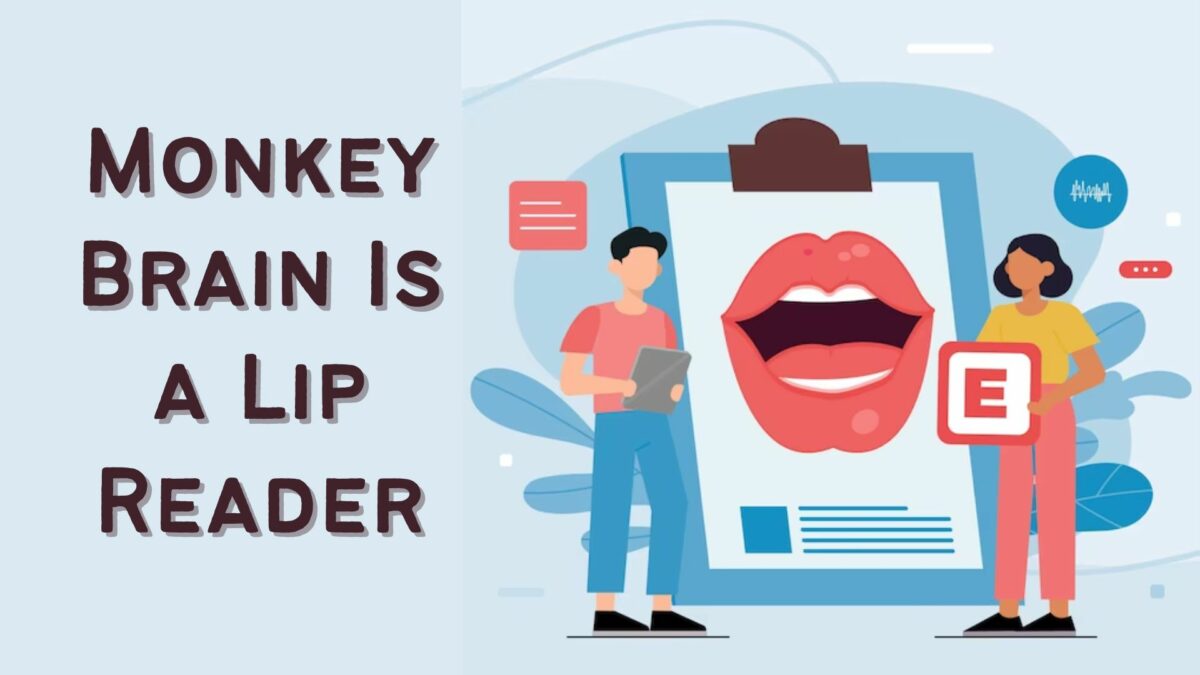“I was reading book The History of Glue. I couldn’t put it down.”
–Tim Vine
When you were a kid learning how to read, you probably used your finger to keep track of where on the page you were, and you would act like you were reading out loud, forming all of the words with your mouth, even if you weren’t reading out loud. Lip readers possess a unique skill, delving into the unspoken language of lips.
The habit that you formed as a child learning to read actually stuck with you into adulthood, even if you don’t consciously form the sounds with your mouth anymore, and that habit can affect your wallet.
How?
Read on to find out!
But, first, some humorous lip reading!
When we make decisions about products – whether or not to purchase them, how risky they are, and how comfortable we feel with the brands – we rely on two psychological phenomena to help us in our decision making: mere exposure effect and fluency. In the world of the hearing impaired, lip readers are the unsung heroes of comprehension.
Mere exposure effect means that we’re more likely to prefer something that we’ve heard of. That’s why you see so many advertisements for car dealers, soft drinks, and the like. They know that they’re not going to get you hooked on the first ad viewing, but if you keep seeing the same ads for the same brands over and over again, even if you’re not consciously paying attention, Monkey Brain is soaking it all in, falling in love with the brand.
Fluency is the cousin of the mere exposure effect. Fluency is simply the ease with which information is retrieved from the deep, dark corners of the brain. Think of a car dealership. The first car dealership that comes to mind is probably the one that has the most advertising. Repeated exposure to the brand makes it easier to remember, and since Monkey Brain thinks that the easiest one to remember must be the best one, brands with high fluency are the ones that you’re more likely to spend money on.
For those of you who are new here, I refer to your limbic system as Monkey Brain. There are two main parts of your brain: the prefrontal cortex and the limbic system. The prefrontal cortex is the Thinking You, the one that’s responsible for philosophy, rationality, and thoughts about the future. The limbic system, on the other hand, is emotional, quick, and focused on right now. It developed from back in the caveman days, when we either ate the woolly mammoth or were eaten by it. We didn’t have time to have metaphysical discussions; nor did we care about tomorrow, since we were simply worried about living through today. We share the limbic system with our simian counterparts monkeys; hence, the term Monkey Brain. When you make a bad financial decision, Monkey Brain is usually the culprit.
I have three ways in which the mere exposure effect and fluency affect our financial decisions and how to fight them, including one for entrepreneurs.
Cover Up! How to Fight the Mere Exposure Effect

Lip syncing
The first way in which the mere exposure effect affects us is through lip syncing. Remember when I explained that you unconsciously still sound out words as you read? Dr. Sascha Topolinski and his team from the University of Würzburg in Germany conducted an experiment to see how this affects our affinity for brands and likelihood to purchase products. They sat students down in a theater and showed them advertisements much like you see before a movie starts at your local cinema. One group of students chewed gum or ate popcorn during the advertisements. When our mouths are otherwise occupied, we do not subconsciously sound out words that we see. Keeping our mouths from sounding out the words reduces the number of times that our subconscious is exposed to those words, and reduces the fluency of brands that we see. In the experiment, students were 9% less likely to purchase the brands when they were chewing gum or eating popcorn than if they had nothing to keep their mouths from sounding out words.
So, when you’re watching television and a commercial break comes on, grab some celery sticks, broccoli, or cauliflower, and munch to your heart’s content. Just go light on the ranch dressing!
Another signal to Monkey Brain that a brand is fluent is through the zygomaticus major muscle.
The zygo-huh?
The zygomaticus major muscle is the one that contracts when you smile.
Smiling sends a signal to Monkey Brain that what you see is fluent, and, therefore, must be good.
As the University of Chicago’s John Cacioppo and the University of Denver’s Piotr Winkelman show, when we smile, we’re more likely to view the object that we’re smiling at as something positive. We’re much more likely to like something that we smile at than something we do not smile at.
Thus, when you’re going shopping, make sure that you frown at everything. You’re much less likely to think positively about what you’re looking at, reducing the potential for emotional impulse buys. Sure, people may avoid you like the plague because you look like The World’s Grumpiest Person, but you’ll have a fatter wallet as a result. Need more help? Read “Feeling Blue? Four Alternatives to Retail Therapy to Reduce Sadness.”
Bonus benefit: salespeople probably won’t harass you. Wait. No. They’re salespeople. Never mind.
Why do you think I have the last name of institute? Well, besides that Scottish and English heritage…the name is easy to pronounce! It rhymes with full and bull. Easy peasy! Corporate Finance Institute (CFI). Rolls off the tongue, right?
The University of Michigan’s Hyunjin Song and Norbert Schwarz showed that there’s actually something to my assertion. When we see brand names that are more difficult to pronounce, we reduce the fluency that those names have. They’re harder to pronounce and to remember, and, therefore, we assume that they are riskier than brands whose names roll off the tongue (like CFI…don’t forget to smile! ☺). However, when the test subjects in the experiment thought that the brand names were new, they considered those names as less risky.
So, if you’re an entrepreneur, you want to come up with a name that is easy to pronounce and focus on novelty and innovation.
By the way, CFI offers a new and innovative way of thinking about you and your relationship to money, particularly compared to those stodgy old “investment advisors” who populate strip malls and try to sell you front-loaded, high commission mutual funds. You knew that already, though, didn’t you? So contact us for a complimentary 30 minute evaluation!
Did you realize just how much words and pronouncing them influenced our buying decisions? Let’s talk about it in the comments below!
Author Profile
- John Davis is a nationally recognized expert on credit reporting, credit scoring, and identity theft. He has written four books about his expertise in the field and has been featured extensively in numerous media outlets such as The Wall Street Journal, The Washington Post, CNN, CBS News, CNBC, Fox Business, and many more. With over 20 years of experience helping consumers understand their credit and identity protection rights, John is passionate about empowering people to take control of their finances. He works with financial institutions to develop consumer-friendly policies that promote financial literacy and responsible borrowing habits.
Latest entries
 Low Income GrantsSeptember 25, 2023How to Get a Free Government Phone: A Step-by-Step Guide
Low Income GrantsSeptember 25, 2023How to Get a Free Government Phone: A Step-by-Step Guide Low Income GrantsSeptember 25, 2023Dental Charities That Help With Dental Costs
Low Income GrantsSeptember 25, 2023Dental Charities That Help With Dental Costs Low Income GrantsSeptember 25, 2023Low-Cost Hearing Aids for Seniors: A Comprehensive Guide
Low Income GrantsSeptember 25, 2023Low-Cost Hearing Aids for Seniors: A Comprehensive Guide Low Income GrantsSeptember 25, 2023Second Chance Apartments that Accept Evictions: A Comprehensive Guide
Low Income GrantsSeptember 25, 2023Second Chance Apartments that Accept Evictions: A Comprehensive Guide

